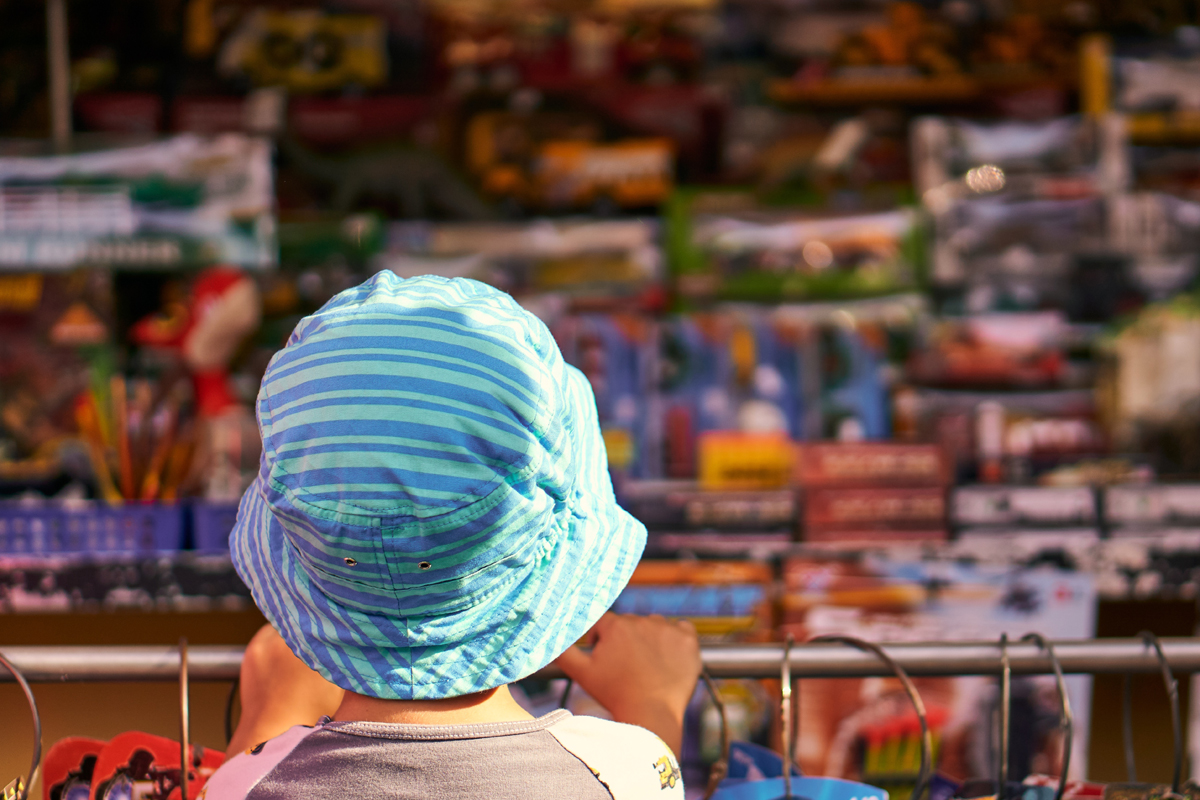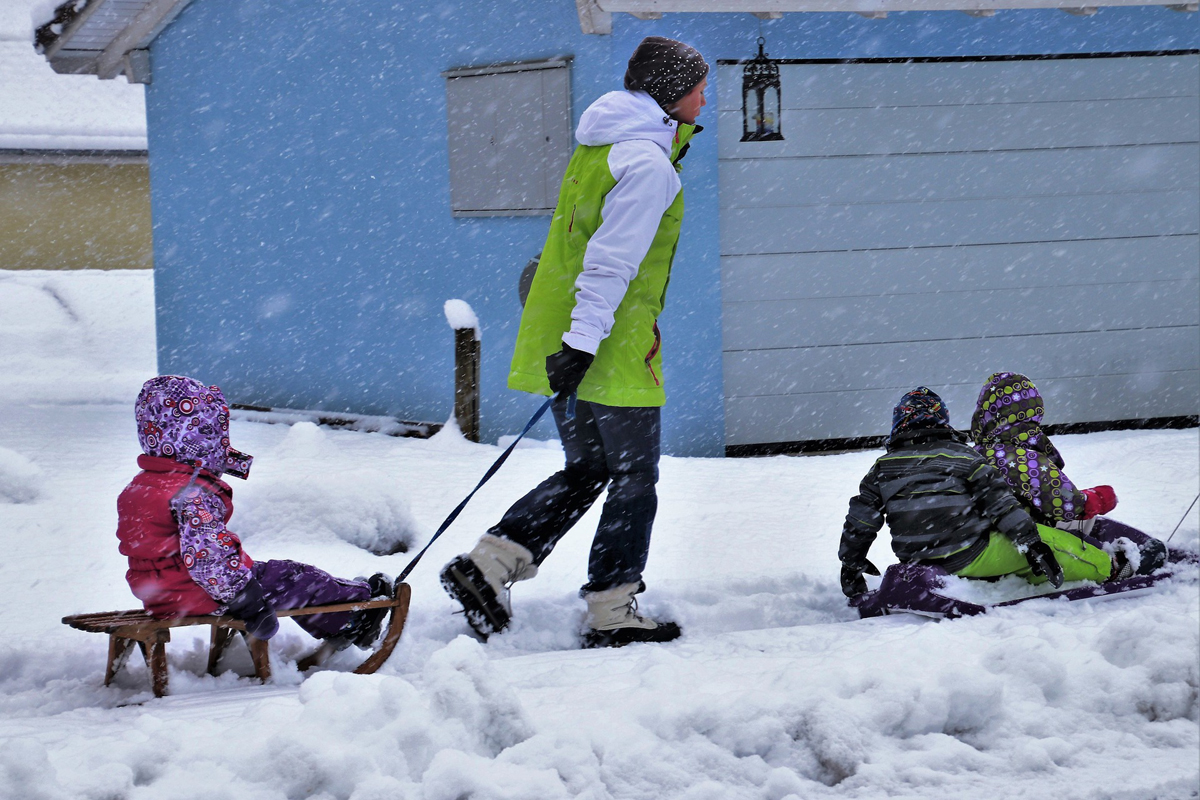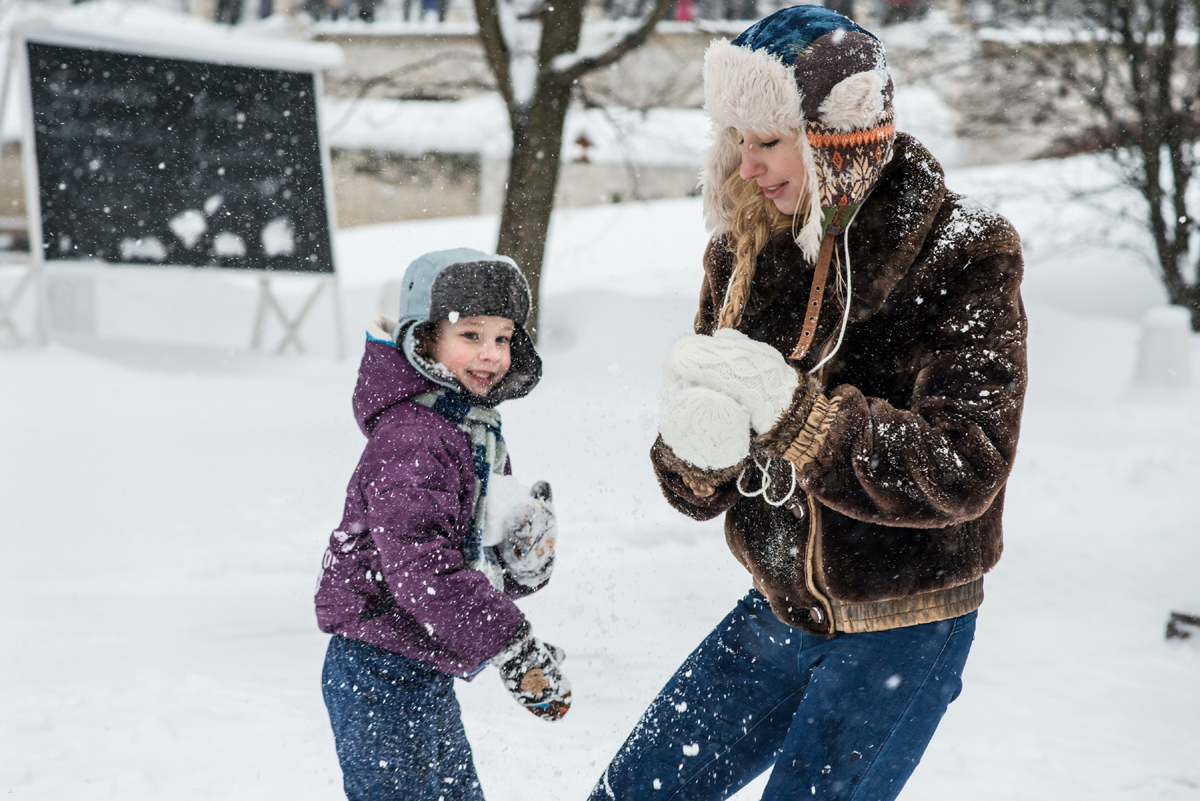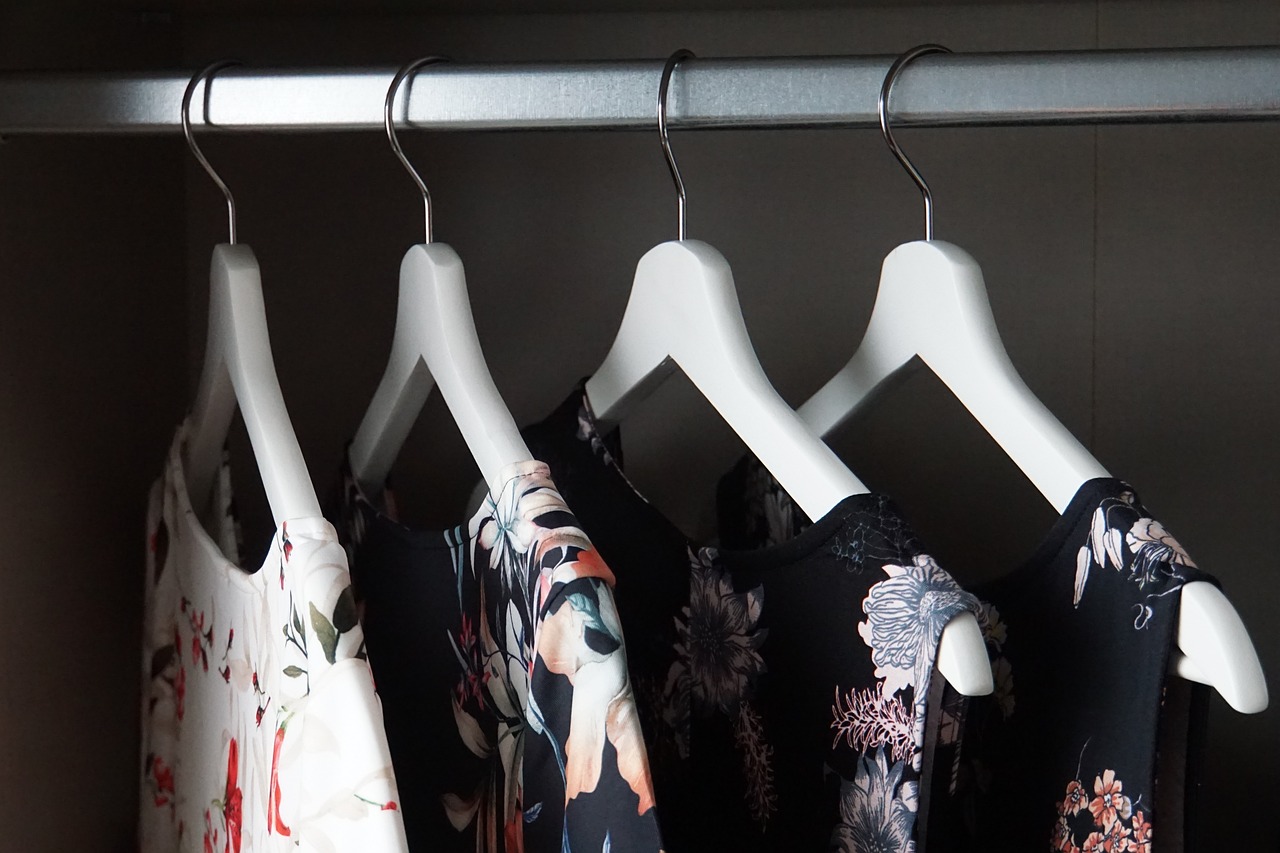Teach Children to Behave in Public

To teach children to behave in public the training starts at a very young age, and in the home. There should be boundaries, rules, and discipline within the home, and this will carry out in public.
* If your child learns to treat his parents and siblings with respect, then he will assume this is the way to treat others.
* Boundaries should be set for siblings and parents belongings as well.
* When guests are welcomed into your home, be a role model for your child. Show how others should be addressed and treated with respect.
Very young children learn by watching and listening to their parents.
* The way you speak to an employee of a store
* What you yell, or don’t yell, at fellow drivers on the street
* The courtesies you show others while in public, like keeping a door open for them
Common courtesy with friendly, simple gestures will teach your child how to treat others.
When going out in public, preparation is the key. Make sure your child is rested and content. If you are not going to a restaurant, make sure he has eaten. Prepare your diaper bag, or a small bag with a snack, water, book, and the usual essentials.
Think of situations that may occur, and be prepared on how you plan to react. For example, a child that does not want to be strapped in a cart, or a stroller, may scream the whole way through the store. There are options. First, try to explain why it is important that he sit in the cart, or stroller. For some children, this will be enough. For others:
* Let them scream for a short time, ignoring their behavior. Some children will figure out that screaming is not working and they will calm down. If the screaming is persistent, leave the store and shop later.
* Postpone your shopping trip. A very young child that has not developed reasoning skills, may need to be supervised at home, while you go to the store. It will not be long, before reasoning skills develop and a shopping trip can be pleasant.
* Offer a reward. If the child is too young to understand the good behavior/reward concept, this will not work. However, older children will understand: Mommy needs to shop for groceries. You will need to sit in the cart and help me. If you sit nicely and help mommy, then we will read your favorite book when we get home. Do not offer sweets as a reward. This can turn into a bad habit.
* Take a favorite book, or toy to the store. This will give them something to focus on and make the shopping trip more relaxing for them.
Set boundaries at a very young age.
* Do not allow your child to run through a store unsupervised. Keep them with you at all times.
* Children should not be free to pull all the toys off a shelf. Teach them respect for the business.
* It is not acceptable to leave your child on the toy aisle as entertainment while you shop elsewhere. This is disrespectful to the store patrons and employees.
* Make it a habit that you will hold your child’s hand while in the parking lot, no questions, no other options, period!
Boundaries, respect and courtesy are all lessons that will develop children’s positive behavior. Start in the home, and they will carry their good behavior out in public. This is not easy. It is easier to let them run around, so you don’t have to hear them complain. However, if you do not have control now, you will definitely not have control as they grow into pre-teens and teens.
The Author:
CL Hendricks, of Web Content Provider, has been a Jill-of-all-trades and become an expert in some.








